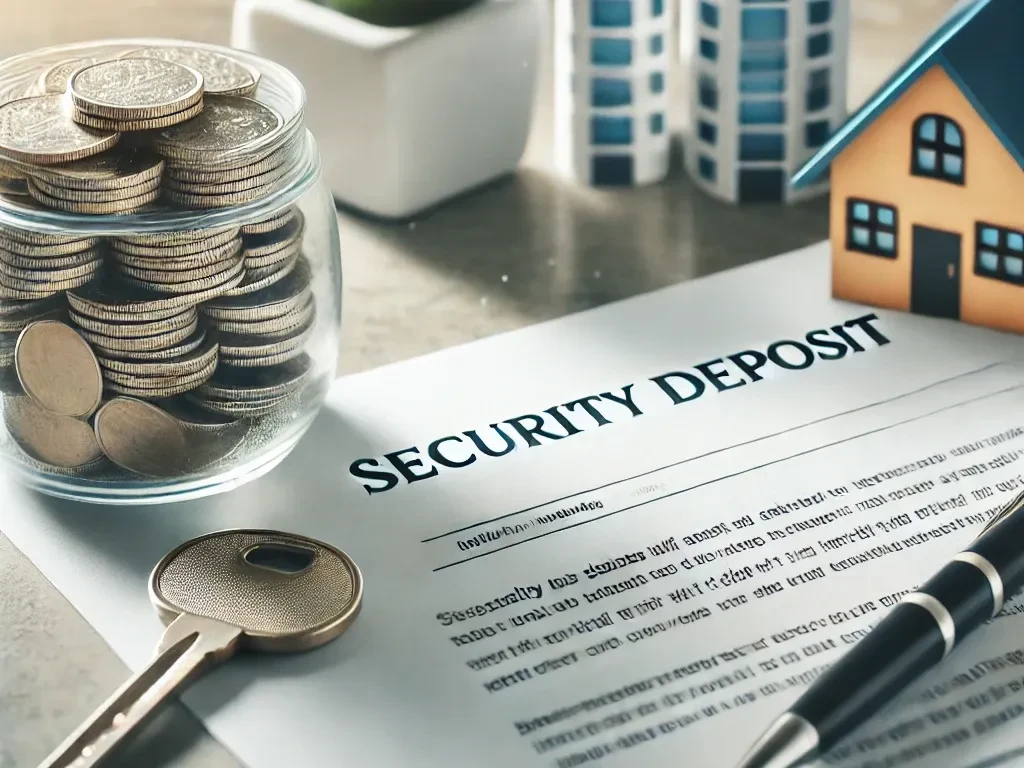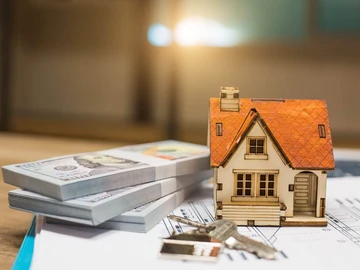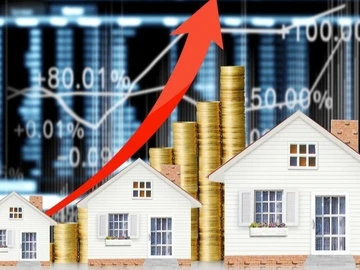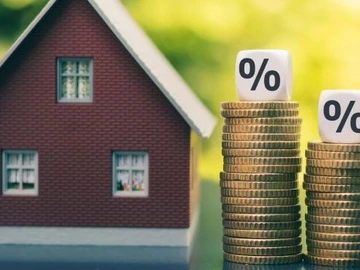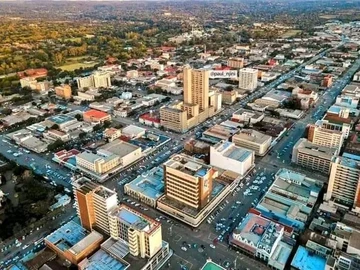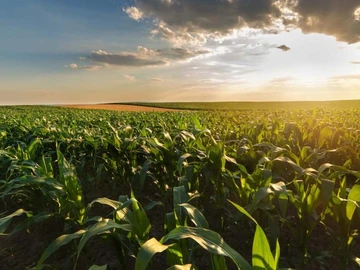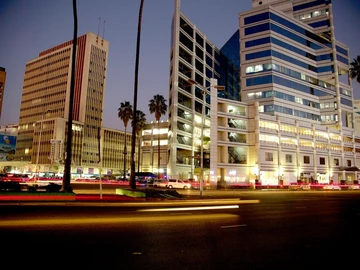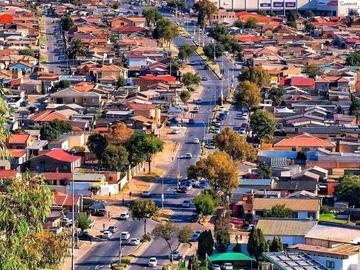Renting a property in Harare might seem straightforward at first glance, but there are often extra costs that renters need to factor in beyond the monthly rent. In a city where the property market is growing and fluctuating, understanding these additional expenses is key to managing your budget effectively. Let’s break down the typical extra costs associated with renting in Harare, using current market trends and examples to provide a clear picture.
1. Security Deposits
One of the first expenses to consider when renting a property in Harare is the security deposit. Typically, landlords ask for a deposit equivalent to one to three months’ rent as a security against any potential damages to the property. In areas like Avondale or Borrowdale, where rents can range from $500 to $1,500 per month, this deposit could amount to anywhere from $500 to $4,500 upfront.
For example, if you're renting a two-bedroom apartment in Borrowdale at $1,000 per month, the security deposit could be as high as $3,000. This upfront payment is refundable at the end of your lease, provided the property is left in good condition.
2. Utilities
Utilities in Harare often come as an additional cost on top of your rent. This includes electricity, water, and refuse collection fees. With frequent power outages in the city, many renters also invest in alternative power solutions such as solar panels or generators, further adding to their costs.
As of 2023, the average cost of utilities (electricity, water, and refuse collection) for a small apartment in Harare is around $80 to $150 per month, depending on consumption and location. For larger homes in suburbs like Mount Pleasant or Glen Lorne, the cost could be even higher, especially if backup power systems are included.
3. Council Rates and Levies
Some landlords pass on the responsibility of paying council rates and levies to tenants. These are fees paid to local authorities for the provision of municipal services. In Harare, these rates can vary significantly depending on the location and type of property. For example, in some of the more upscale suburbs, these costs can reach up to $50 to $100 per month.
4. Maintenance and Repairs
While major repairs are typically the responsibility of the landlord, tenants may be responsible for day-to-day maintenance issues or minor repairs. These can range from fixing a leaky tap to replacing a lightbulb. It's important to clarify with the landlord who is responsible for what before signing the lease.
In some cases, tenants may also be responsible for maintaining the garden or outdoor areas. This can involve hiring a gardener or purchasing tools and supplies, which adds to the monthly costs.
5. Service Charges for Apartments
If you're renting an apartment in a complex, you might be required to contribute to service charges that cover the maintenance of shared spaces like corridors, elevators, and parking lots. These fees can vary, but they are typically around $20 to $50 per month, depending on the property and the services provided.
For example, apartments in gated communities or high-rise buildings in the CBD may charge these fees to cover security, maintenance, and common area cleaning.
6. Parking Fees
Parking can be an additional cost, especially in high-demand areas like the Harare CBD or Avondale. If your rental property doesn’t include parking, you may have to pay for a parking spot separately. In central locations, parking fees can range from $20 to $50 per month for a secure spot. This is particularly important to consider if you own a car and live in an apartment without designated parking.
7. Agent Fees
Many properties in Harare are rented out through real estate agents, and these agents typically charge a commission fee. This fee is usually a percentage of the annual rent, often around 10%, which is payable upon signing the lease. For instance, if you’re renting a home for $1,000 per month, the agent fee could be around $1,200 upfront.
8. Home Insurance
While this may not be mandatory, some landlords or rental agreements might require tenants to have home contents insurance. This is to protect against any damage or loss of personal property within the rented home. The cost of home insurance varies but can be around $50 to $100 per year, depending on the coverage.
9. Inflation-Linked Rent Increases
In Zimbabwe’s economic environment, inflation is a major concern, and it can affect rental agreements. Some landlords include clauses in the lease that allow for rent adjustments based on inflation rates. In 2023, inflation rates in Zimbabwe fluctuated between 50% and 200%, which means tenants might face unexpected rent increases during their lease period.
For example, if your rent is $500 per month and the inflation rate hits 100%, your landlord could potentially raise the rent to $1,000 to adjust for the economic conditions.
10. Internet and Cable Costs
Lastly, consider the cost of installing and maintaining an internet or cable connection. Reliable internet service in Harare can cost between $30 to $100 per month, depending on the package and service provider. This is an essential expense for many tenants, particularly those working remotely or relying on internet connectivity for daily activities.
Conclusion
Renting in Harare involves more than just paying the monthly rent. Understanding the additional costs, such as security deposits, utilities, and agent fees, is crucial for budgeting effectively. With the ever-changing economic landscape in Zimbabwe, it’s essential to plan for potential rent increases due to inflation and other factors. By accounting for these additional expenses, you can avoid unexpected financial strain and ensure a smoother renting experience in Harare.
Key Statistics:
- Average rent in Harare: $400 to $1,500 per month, depending on the area.
- Utilities cost: $80 to $150 per month for a small apartment.
- Agent fees: Around 10% of the annual rent.
- Inflation: Up to 200% in recent years, affecting rent prices.
Make sure to consider these factors when renting in Harare, and always discuss all potential costs with your landlord before signing the lease.
 Continue with Facebook
Continue with Facebook
 Continue with Email
Continue with Email

